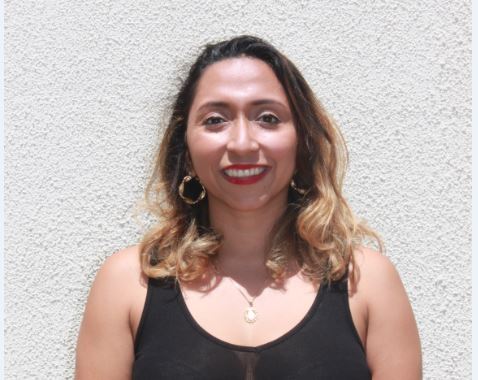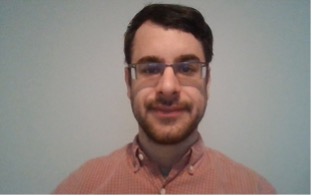2021 Seed Grant Awardees Abstracts
 Ariana Ávila
Ariana Ávila
Department of Anthropology, PhD Student
Current literature on food insecurity among farmworkers focuses on the lack of access to food. Although farmworkers in Southwest Florida face similar challenges, this research project considers how farmworkers and their families create and sustain networks of (food) care to address food injustices. Considering farmworkers in the town of interest are primarily from Haiti, Mexico, and Guatemala, it is imperative to analyze migration to Southwest Florida. As this engaged project continues to develop, I hope to expand and grow on the following questions: 1) how farmworkers and their families enable networks of (food) care and 2) how U.S. immigration policies impact access to food assistance. The support received from the 2021 GCPR Seed Grant allowed me to conduct preliminary research and identify a potential community partner.
 Robert Manzo
Robert Manzo
School of Information and Library Science, PhD student
Autistic People on Autism: Exploring Autistic Authorship and Authority
The GCPR seed grant enabled me to interview (and recompense) seven autistic individuals who write openly on various blogs about their life experiences and autism. My aim was to foreground the ideas and viewpoints of autistic people, rather than the second-hand theories and descriptions put together by non-autistic academics, doctors, relatives, and others whose ideas circulate much more widely and influentially in society. To seek out autistic viewpoints on autism remains, unfortunately, a relatively rare practice in the field of autism research, although the last ten to fifteen years have seen a modest rise in the use of critical and participatory approaches. As well, there are increasing numbers of autistic scholars, like myself, leading research projects. If that pattern continues (as I hope it will), it could open up new scientific and public understandings and imaginings of autism that disrupt the dominance of a medicalized view, instead favoring social, cultural, and first-hand-experience-informed perspectives on autism’s meaning.
Indeed, an awareness of the multiple, contested meanings of autism anchored the questions I put to the autistic authors who participated in my GCPR-funded project. I asked the participants how they define autism, how their viewpoint compares with others’ viewpoints, how they assess the credibility of information they encounter about autism, and how they feel about the term in general. Methodologically, I designed the mode of project participation to be flexible. Participants could choose to speak with me in real time over an internet video chat session, or else respond in writing. Two participants chose live chat, five chose to write responses. In the live chats, I spoke openly about my own feelings and experiences, never expecting my interlocutors to be vulnerable while I remained stoic. As much as possible, I presented myself—in word and manner—as an equal participant. I am currently in the “data analysis” phase of the project. Always, I am guided by a curiosity to explore the multiple meanings of “autism” as, simultaneously, a word, a label, a diagnosis, an identity, an interpellation, and a concept.